Microbiological Growth
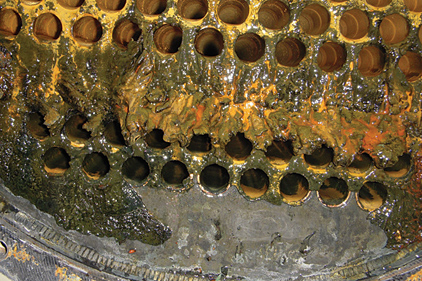
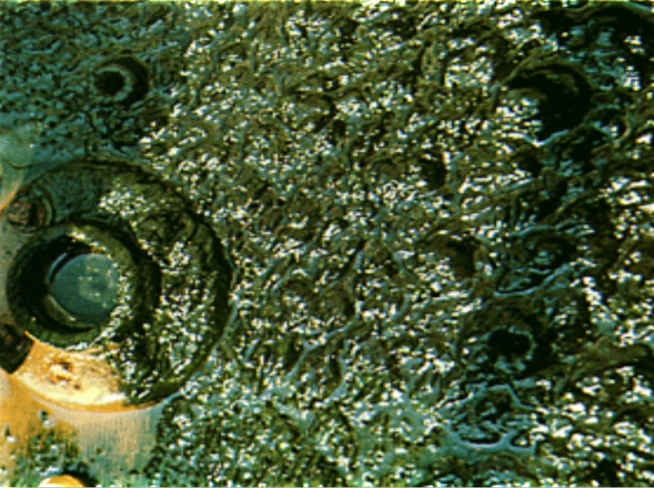

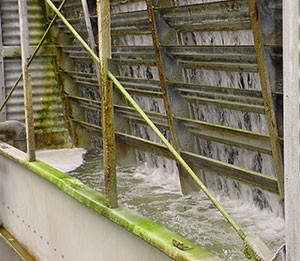
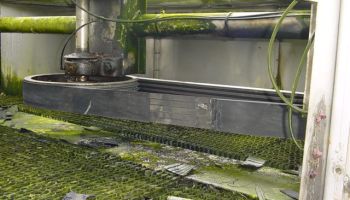
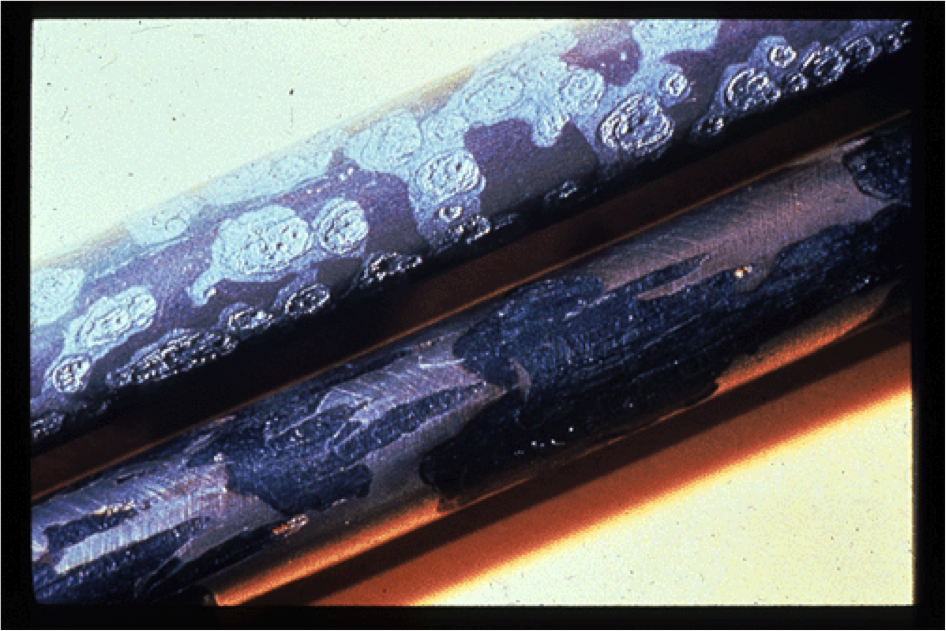
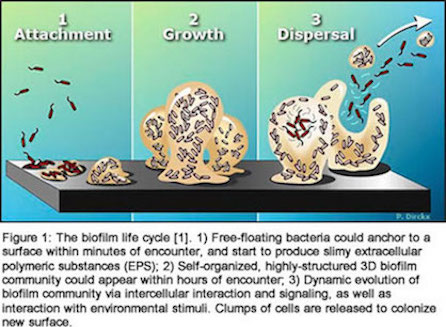
Microbial growth typically affects cooling water systems in the form of algae, bacteria and fungi. Algae, usually found in systems open to sunlight, is undesirable, because it can promote under-deposit corrosion and, in extreme cases, adversely affect air and water flows. Bacteria are undesirable, primarily because of their ability to form biofilms, which retard heat transfer, are conducive to corrosion and allow for the amplification of the Legionella group of bacteria responsible for Legionnaire's disease and Pontiac fever. Fungi are rarely seen outside of wooden cooling tower structures.
The correct selection and application of oxidizing and non-oxidizing biocides is needed to minimize microbial populations and prevent the problems associated with their proliferation. Controlling microbial growth prolongs the useful life of capital equipment, enhances its operating efficiency and ensures a hygienic and safe physical environment.
